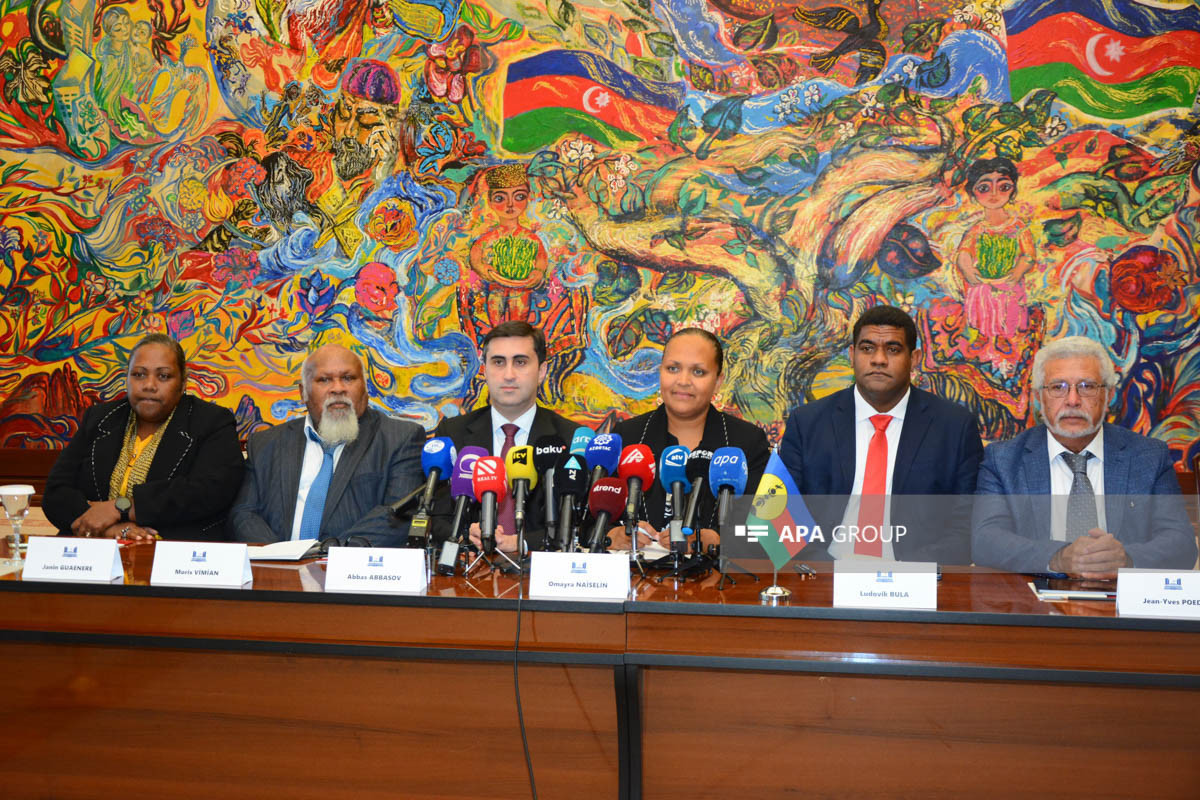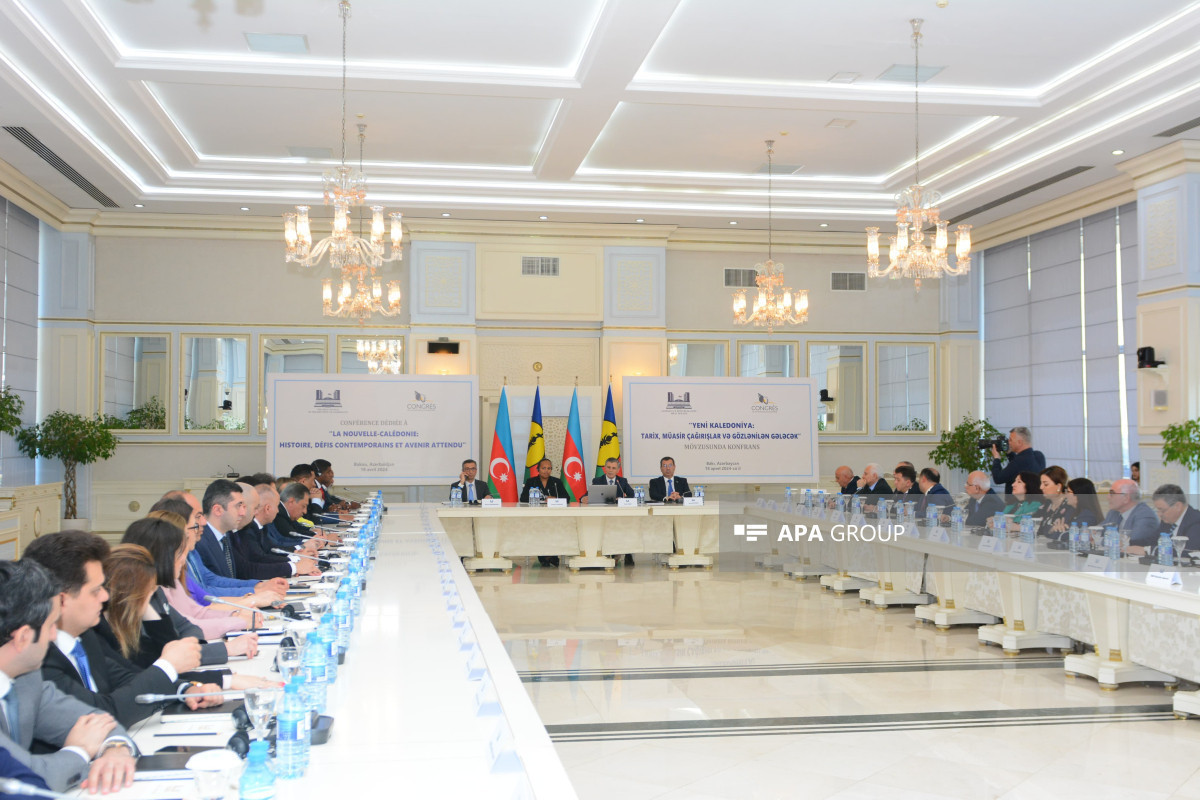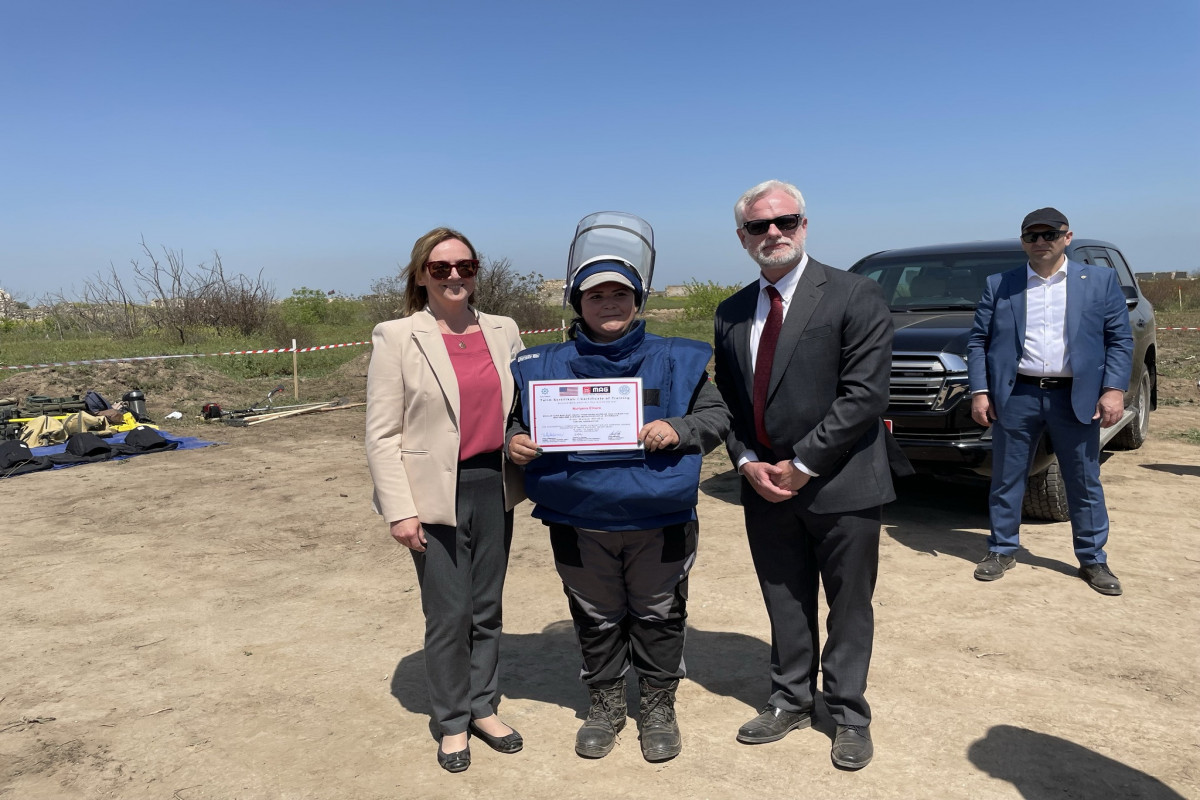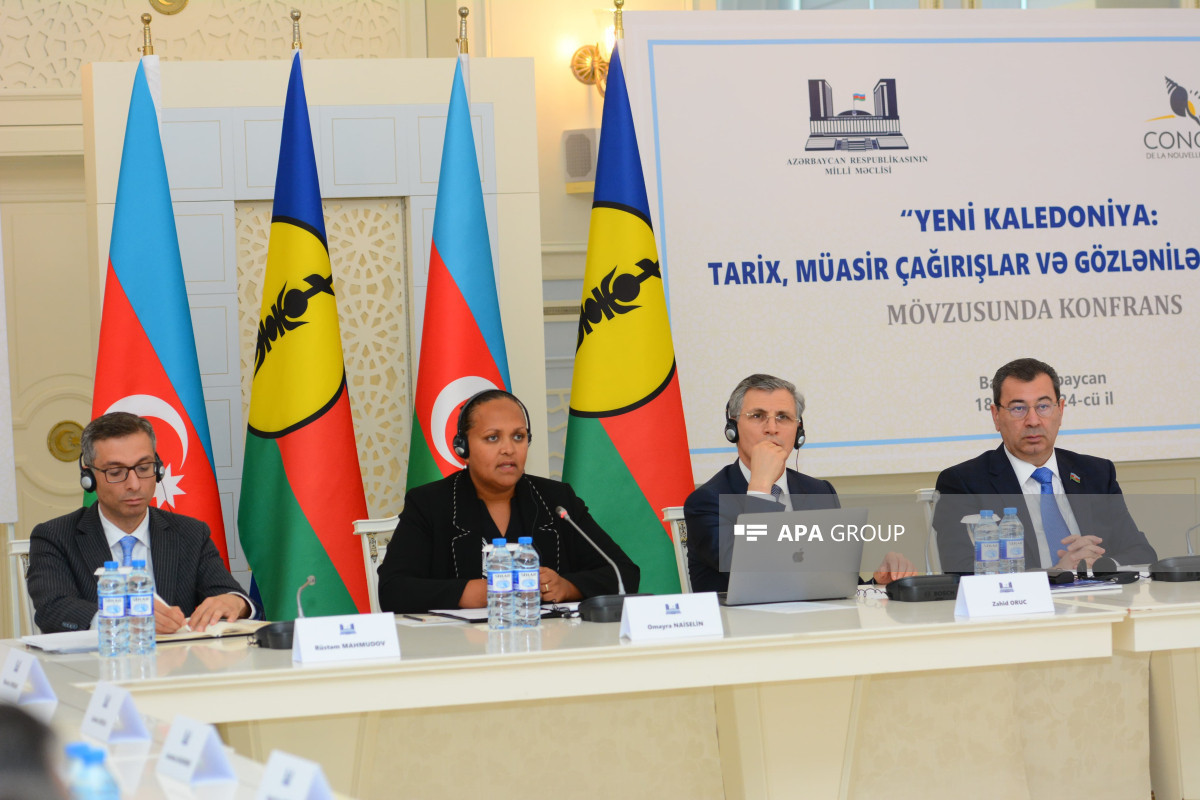Civil Initiative for Free and Democratic Elections (GISDI), a Bulgarian NGO, invited by Azerbaijan’s Central Election Commission (CEC) to observe the presidential elections to be held in the country on 11 April 2018, has recently issued its interim report.
It should be noted that GISDI was established in 1990 in Bulgaria. As can be seen from its name, the organization is specialized in the field of election observation, and since its establishment has conducted observation missions in Bulgaria. GISDI has participated in a number of international election observation missions and has been observing elections in Azerbaijan since 2003.
In its report, GISDI long-term observation mission assesses the current geopolitical situation as the case necessitating holding early Presidential elections on 11 April 2018; highlights the compliance of election observation with the international standards for democratic and fair elections; considers the political, economic and cultural features of Azerbaijan; assesses pre-election situation and legal framework for the conduct of elections; comments on candidate nomination and registration, election campaign, its media coverage and etc.
The report states that amendments entered into force following the referendum on modifications and amendments to the Constitution on September 26, 2016 grant President a right to call early presidential elections, and using this right granted to him by the Constitution, the President signed an order announcing early presidential elections to be held on April 11, 2018.
The report notes that 15 candidates were nominated for the presidential elections and their applications were submitted to the Central Election Commission (CEC). 8 out of them were registered by the CEC. It underlines that “all candidates and party representatives that GISDI mission met shared with them that they have not experienced any problem with the registration of their candidacy. They could hardly point anything that could hinder their campaign.”
According to the document, the procedure and requirements for nomination and registration of candidates are fully and clearly set out in the law and it is noted that “although two of the candidates were rejected and other five dropped out from the process, we consider that all fundamental democratic principles have been respected”.
The report highlights that “most of the registered political parties with few exceptions have expressed their will to participate in the Presidential Elections. Some of the opposition parties will not participate in the Presidential Elections, among them – the oppositional National Council of Democratic Forces (NCDF) of Azerbaijan and Musavat Party. Their explanation according to some observers and media publications is either that they find lack of competitiveness in the upcoming elections, or that they consider the need of holding extraordinary Presidential Elections as not sufficiently motivated and pursuing other aims”.
The report analyses the results of sociological surveys carried out by various organisations ahead of the elections. Reffering to the results of these surveys, authors of the report highlight that most of the respondents rated socio-political situation in Azerbaijan as stable, and support policy carried out by the President of Azerbaijan. They note that in all surveys the rating of the incumbent President is high and that the respondents will support him in the election. The authors note that “the main reason that why other opposition parties and groups do not participate in the presidential elections is predictability of their failure.”
The report explains “with expert opinions the reasons why two traditional opposition boycotters and their satellite organizations refused to nominate” and states that “main reason is related to the lack of chance of their candidates to compete with the main candidate.”
The authors bring to our attention that some of their interlocutors who represent the “reasonable political opposition” (as they said) defined the above-mentioned parties as “hardline opposition”; it is about a radical opposition that attacks not only the status-quo, insisting on its non-democratic ways, but attacks also the reasonable opposition, aspiring to monopoly of the political label “opposition in Azerbaijan”. Citing interlocutors from “reasonable political opposition” (as they said) the report states that “the motives of these parties to boycott elections are driven by the unsatisfactory results they achieved in previous presidential and parliamentary elections, noting that those parties boycott the elections in order to avoid similar “electoral success”.”
Assessing the current legal framework for conducting the election, GISDI reminds that “the Election Code was adopted in May 2003 as a result of intense communication and collaboration with the Venice Commission of the Council of Europe, OSCE/ODIHR, and International Foundation of Electoral Systems (IFES).”
The authors of the report notes that the election administration in Azerbaijan is built up in a traditional style and comprises from a three-tiered hierarchical system of election commissions – Central Election Commission, Constituency Election Commissions and Precinct Election Commissions. It is highlighted that “the Central Election Commission’s website provides thorough information about recent developments. English version of the website helps foreign observers meet their respective commitments.”
The document highlights that all citizens over 18 years old on the day of election, irrespective of being in or outside the borders of Azerbaijan, have the right to vote. They further note: “a unified nationwide voter list is compiled and updated by CEC based on voter lists updated by PECs (with help from local government and the police) on the basis of local residency data in early January of every year and then provided to ConECs no later than February 5, 2018. In turn, ConECs compile the PECs lists with respect to their respective constituencies and provide their lists to CEC by April 5, 2018.”
According to the data published in the media before finalization of the voter list by the CEC, there are 5,192,042 people in Azerbaijan who have the right to vote.
The report analyses voting procedure and issues related to the organisation of voting abroad. The report states that “41 polling stations will be established in 32 foreign countries regarding the presidential election in Azerbaijan. For that purpose, the Ministry of Foreign Affairs created a working group to coordinate the electoral process abroad with CEC.”
The issues of voter education and empowerment are broadly covered in GISDI report.
The report says that CEC has conducted a set of different projects with the aim to rise voters’ education and empower them to make informative choice and exercise their civil right to vote. It is also noted that CEC has prepared and distributed a number of printed materials, radio and TV programs, broadcasted by the public service and private media once a week. There are also several educational short videos published on YouTube and other social media.
The report notes that, on February 22, 2018, the CEC has published the list of broadcasting companies and newspapers where the candidates will be given free airtime subject to equal conditions and limitations. Public TV and Radio Broadcasting Company and the “Azerbaijan”, “Xalg” and “Bakinskiy Rabochiy” newspapers have been identified as TV and radio companies and periodicals where the registered candidates will be given free airtime and space for election campaign.
Starting from 19 March 2018, the candidates attend the debates on Public TV and Radio. The debates are held three days a week, each being one hour, at 19:00 on the radio, at 22.00 on the TV. The candidates themselves or their representatives use free airtime on TV and radio. No infringement has been recorded.
The document states that, in accordance with the law, specific locations have been allocated under the decisions of local executive powers in more than 70 cities and settlements of the country for the meetings of candidates with voters. There are 12 locations in the capital city Baku, one being in each of these 12 administrative districts of the capital.
Summarizing in the Interim Report, long-term observation mission of GISDI states that legal framework for conducting democratic elections in accordance with the international standards exist in the Republic of Azerbaijan; pre-election environment is stable; there is not any threat to the free exercise of the people’s voting rights and the organization of the fair and democratic electoral process; macro-political environment in the country favors the conduct of free and democratic elections.




 PHOTO'>
PHOTO'>

